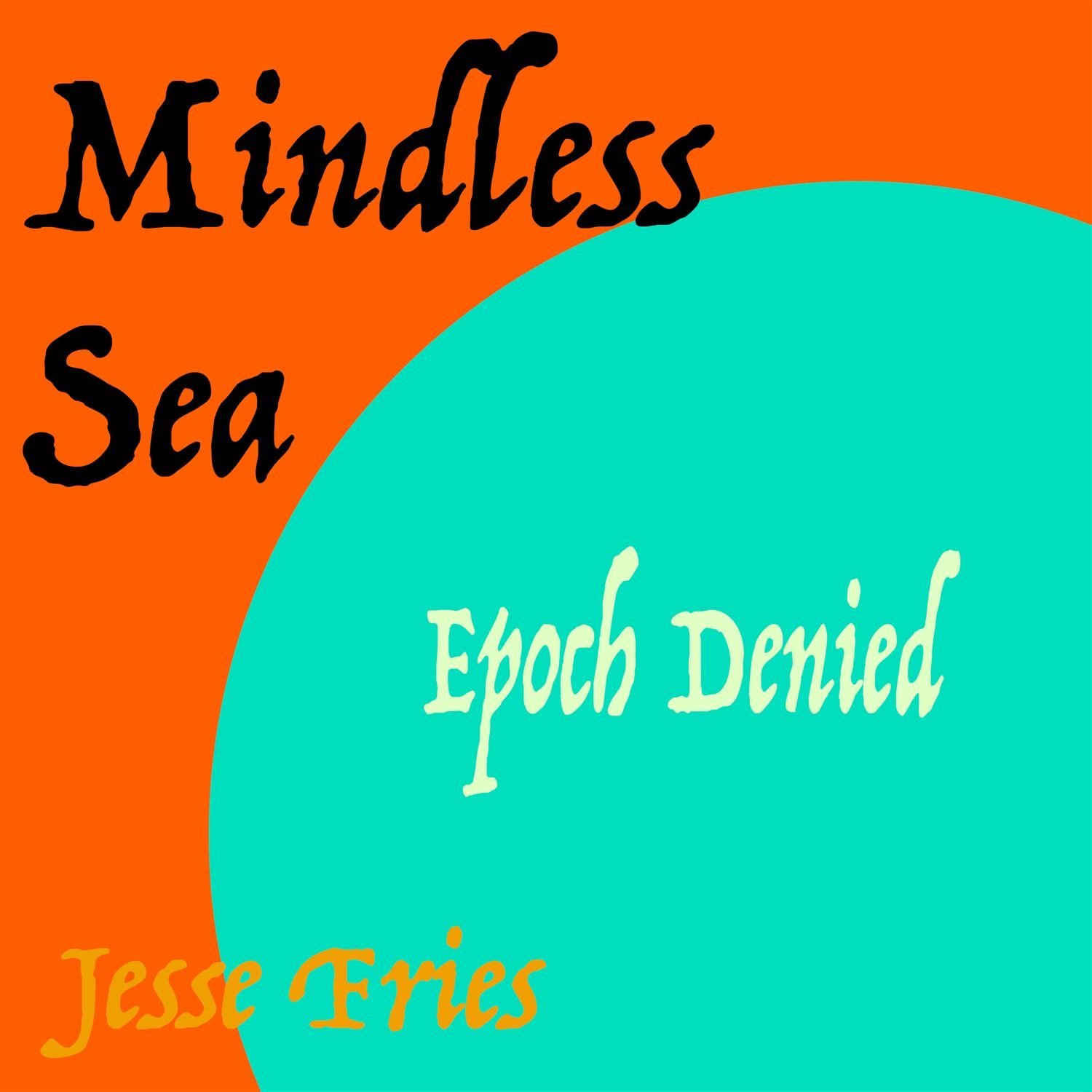Join me with my guest, Jamon Fries, as I go through the history of Christopher Columbus' history.
- Jamon Fries
Support the Mindless Sea Podcast

People use history to justify their policies and their actions, but when doing so history is invoked incorrectly. There are many lessons to be learned from history, but the real lessons are general in nature. Be ready to cringe, laugh at, and shake your head at this first attempt at podcasting where a skeptic takes on history, politics, and human discovery, which are enduringly knotted together. The host, Jesse Fries, was an adjunct instructor in World History, a stay at home dad, worked his way through school, and has followed politics and international relations for much of his life.
Support the Mindless Sea PodcastJoin me with my guest, Jamon Fries, as I go through the history of Christopher Columbus' history.
- Jamon Fries
Support the Mindless Sea Podcast
Listen in your favorite app:
FountainHere are shows you might like